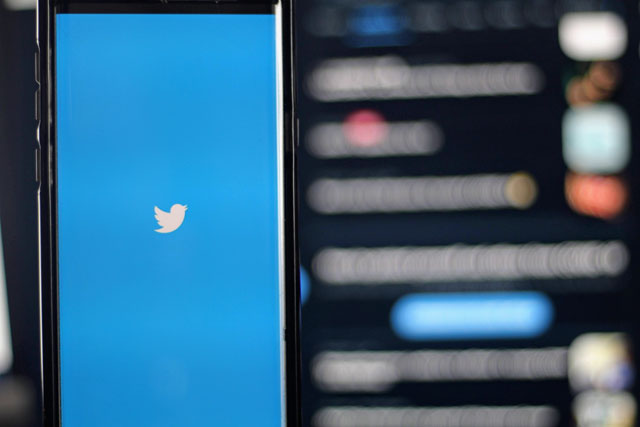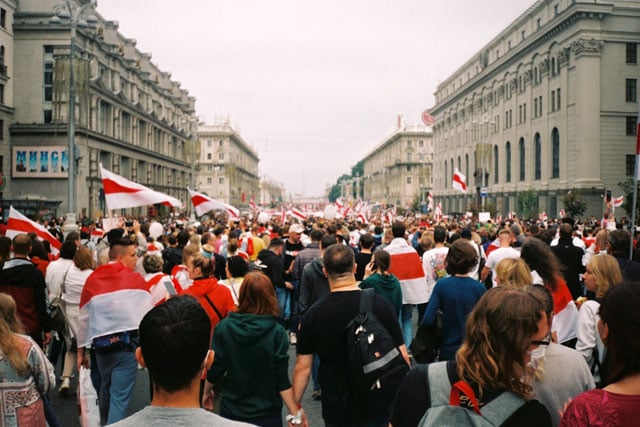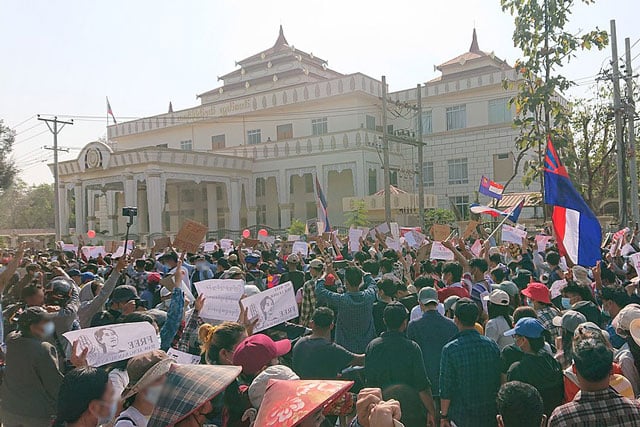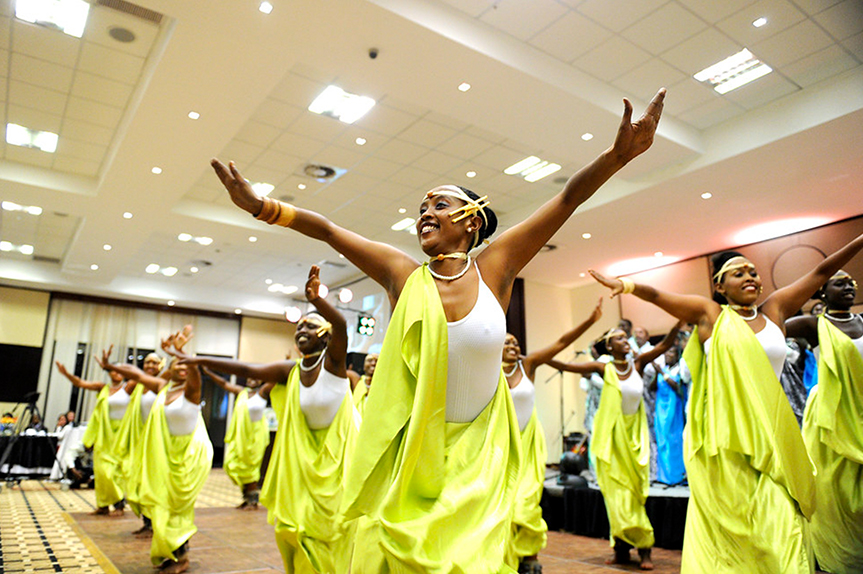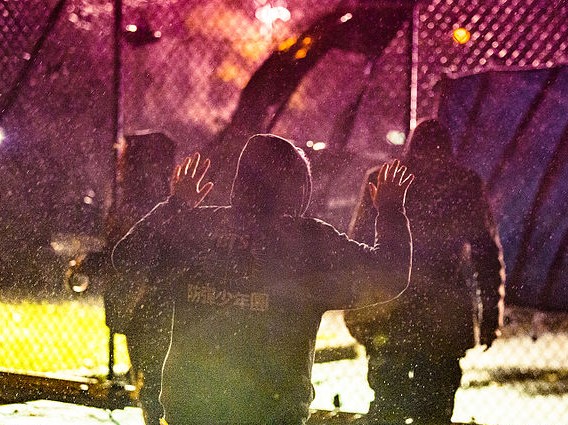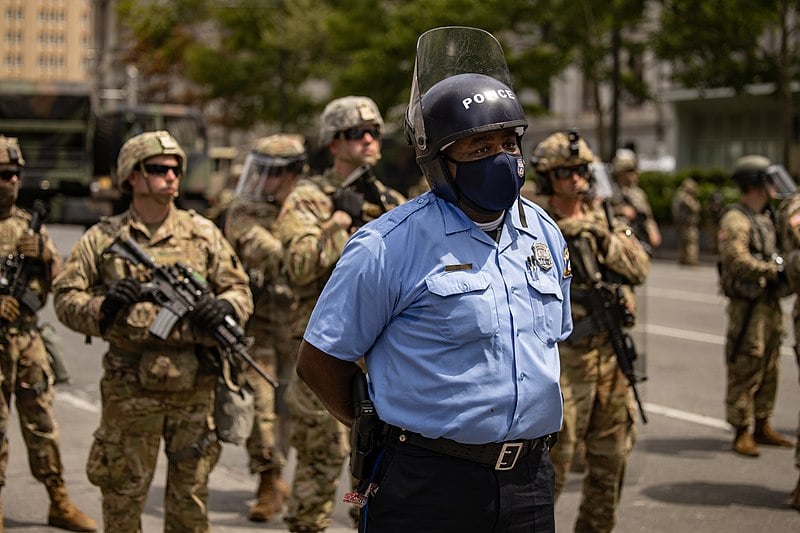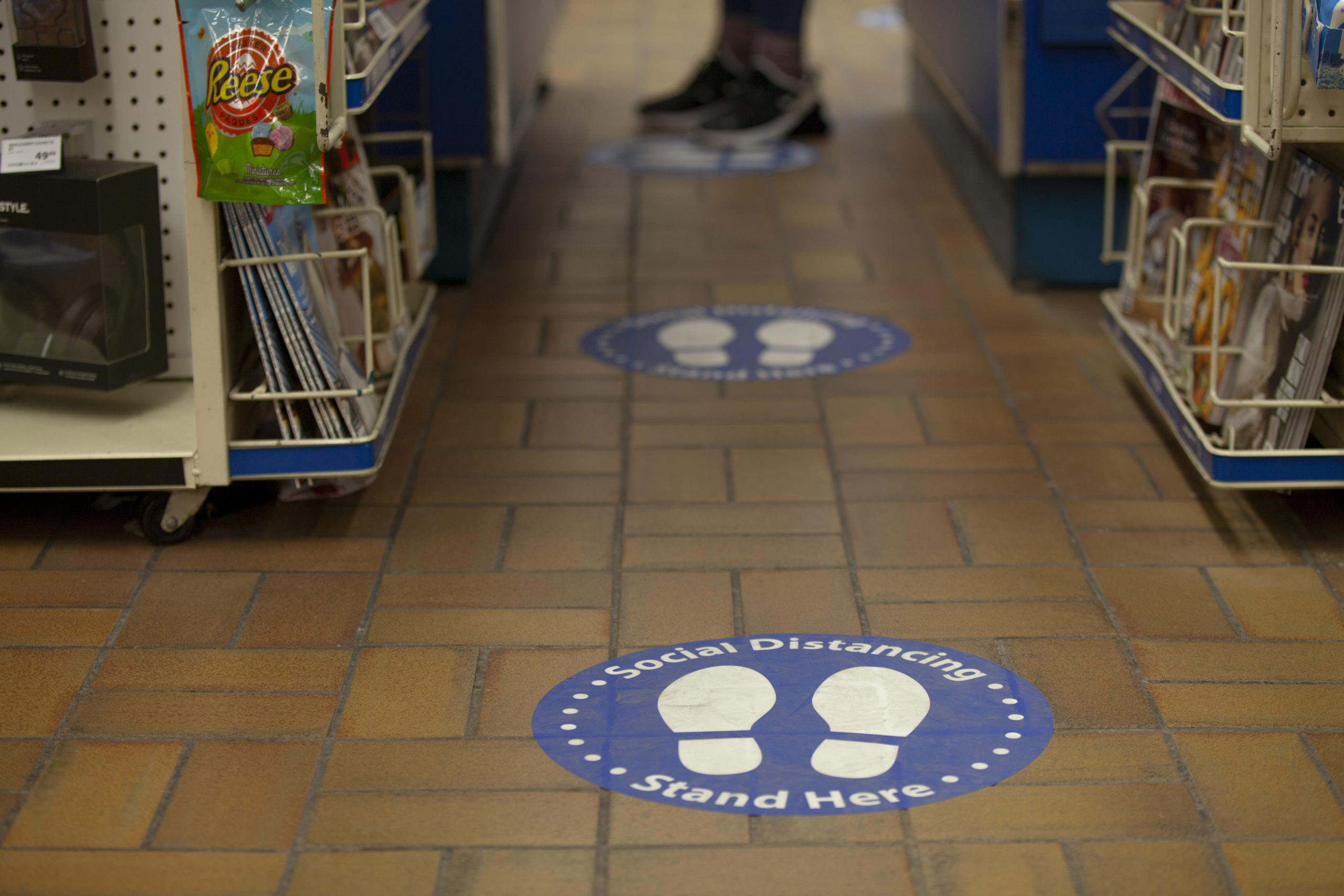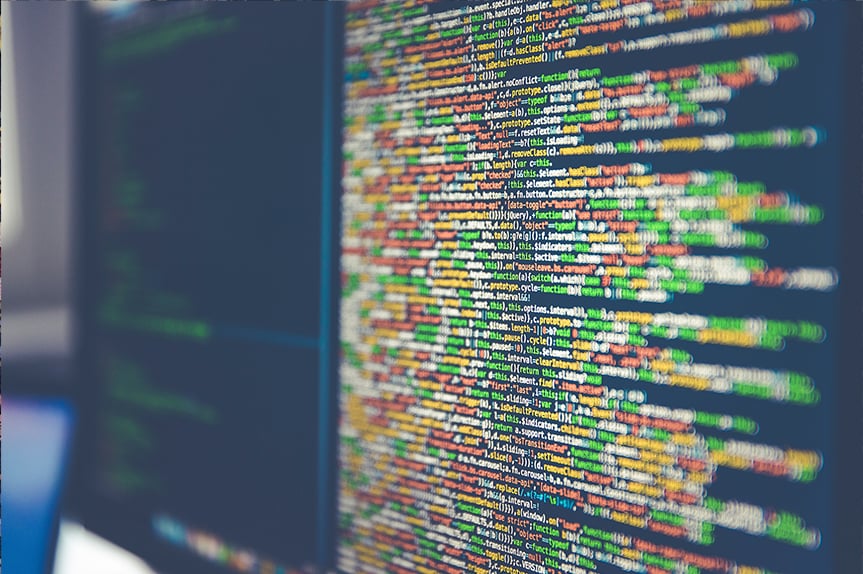The Human Rights Implications of Nigeria’s Twitter Ban
On June 4, 2021, Nigeria’s government suspended Twitter. While it is unclear which law the suspension stems from; nonetheless, the Attorney General and Minister of Justice have threatened to prosecute offenders who violate the directive. These developments raise several concerns from a human rights standpoint. This ICNL briefer explores these issues, looking at regional and international laws and best practices.
